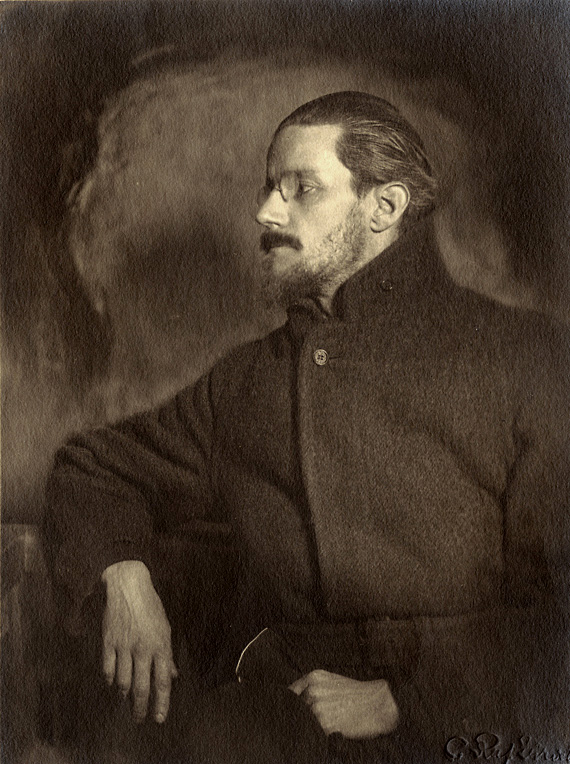Said in conversation with Frederic Prokosch and quoted in Prokosch's Voices: A Memoir (1983), "At Sylvia’s." Joyce was replying to Prokosch's statement that Molly Bloom’s monologue in Ulysses was written as a stream of consciousness. "Molly Bloom was a down-to-earth lady" said Joyce. "She would never have indulged in anything so refined as a stream of consciousness."
James Joyce Quotes
"A Suave Philosophy," in Daily Express, Dublin (6 February 1903), printed in James Joyce: Occasional, Critical and Political Writing (2002) edited by Kevin Barry [Oxford University Press, <small> ISBN 0-192-83353-7</small>], p. 67
Stephen Hero (1944)
Context: Now for the third quality. For a long time I couldn't make out what Aquinas meant. He uses a figurative word (a very unusual thing for him) but I have solved it. Claritas is quidditas. After the analysis which discovers the second quality the mind makes the only logically possible synthesis and discovers the third quality. This is the moment which I call epiphany. First we recognise that the object is one integral thing, then we recognise that it is an organised composite structure, a thing in fact: finally, when the relation of the parts is exquisite, when the parts are adjusted to the special point, we recognise that it is that thing which it is. Its soul, its whatness, leaps to us from the vestment of its appearance. The soul of the commonest object, the structure of which is so adjusted, seems to us radiant. The object achieves its epiphany.
20.10-18
Finnegans Wake (1939)
“Around us fear, descending
Darkness of fear above”
On The Beach At Fontana, p. 14
Pomes Penyeach (1927)
286.25-27
Finnegans Wake (1939)
“Thaw! The last word in stolentelling! (424.35)”
(Finnegans Wake ends with the word 'the')
Finnegans Wake (1939)
"The Boarding House"
Dubliners (1914)
To Djuna Barnes, in an interview published in Vanity Fair (March 1922)
Said in conversation with Frank Budgen, Zurich, 1918, as told by Budgen http://digicoll.library.wisc.edu/cgi-bin/JoyceColl/JoyceColl-idx?type=turn&entity=JoyceColl.BudgenUlysses.p0092&id=JoyceColl.BudgenUlysses&isize=M&pview=hide in his book James Joyce and the Making of "Ulysses" (1934), ch. IV
“Your lean jaws grin with. Lash
Your itch and quailing, nude greed of the flesh.”
A Memory Of The Players In A Mirror At Midnight, p. 19
Pomes Penyeach (1927)
Joyce's reply for a request for a plan of Ulysses, as quoted in James Joyce (1959) by Richard Ellmann
“How soft, how sad his voice is ever calling,
Ever unanswered, and the dark rain falling”
She Weeps Over Rahoon, p. 12
Pomes Penyeach (1927)
“My words in her mind: cold polished stones sinking through a quagmire.”
Giacomo Joyce (1968)
"Realism and Idealism in English Literature (Daniel Defoe - William Blake)," lecture, Università Popolare, Trieste (February 27-28, 1912), printed in James Joyce: Occasional, Critical and Political Writing (2002) edited by Kevin Barry [Oxford University Press, <small> ISBN 0-192-83353-7</small>], p. 179
